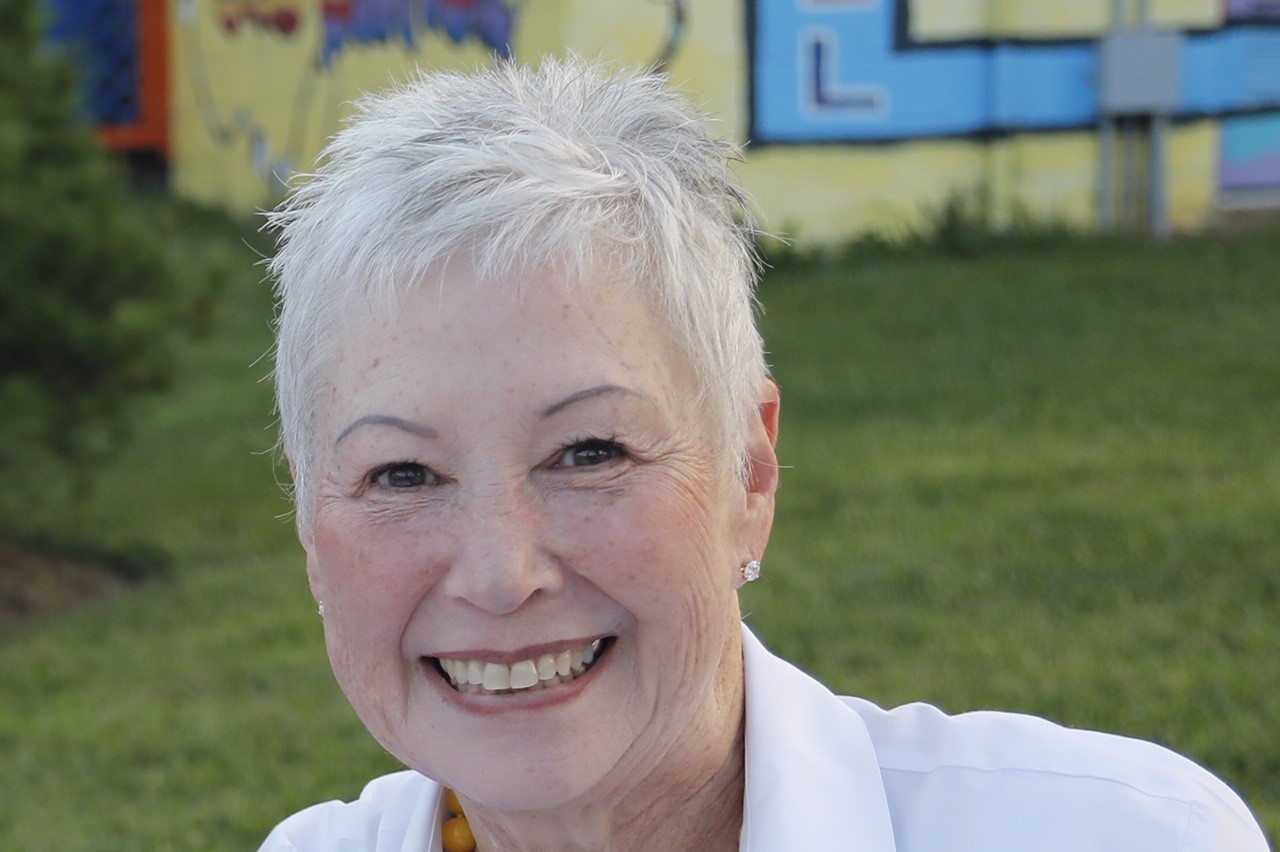
Rules…rules…rules….Why so many?
This week’s parasha Mishpatim contains 23 positive and 30 negative commandments, the most mitzvot found in any single Torah portion. There is a vast assortment of laws from detailing the daily grind of life to establishing the three festivals (Pesach, Shavuot and Sukkot). Laws cover personal injury, cursing parents, servants/slaves, murder, seduction, idolatry and oppression of widows, children and orphans. They continue with not cursing judges or leaders, how to lend money, and returning stray animals to owners.
As Torah has repeatedly instructed, following these commandments will yield blessings, community growth and strength, and protection from enemies. On the other hand, ignoring the mitzvot will yield the destruction of Israel.
The people promise to listen and act in upright ways. As history has revealed repeatedly, promises are hard to keep. If basic human nature finds following laws challenging, is there a valid purpose for not 1 or 2 but 613 mitzvot that regulate every moment of life? What role do these mitzvot play in our 21st century lives? Do they remain relevant?
In every community, laws afford that group of people to exist together. Without some regulations, there would be chaos. It is God who defined how people could settle disputes rationally, how angry or distraught people can find justice, and how a widow, orphan or an animal should be protected and given respite by the individual and the community.
Does following the rules/laws make us ‘better’ human beings? If we follow one rule but ignore many others, how does that 1. help the community; and 2. elevate us to live as God would expect? Does the business owner who cheats his customers but gives generously to the community live uprightly in God’s image?
Perhaps we should perceive the mitzvot collectively as a behavioral guide, rather than 613 separate laws. The commentators have much to say regarding the mitzvot. Issi ben Akabia shared that “…each commandment adds holiness to the people of Israel”. “ The essential reason for the commandments is to make the human heart upright,” wrote Abraham ibn Ezra. And Maimonides noted, “The purpose of mitzvot is…to promote compassion, loving-kindness, and peace in the world.”
As Reform Jews, we can make choices about observing the mitzvot based upon study, understanding, and relevancy to our lives. As members of distinct communities, we often need to accept the community’s minhag (custom) that might differ from our personal behaviors. For example, our Judaic Shop does not accept money on Shabbat because within our synagogue, money is not exchanged on Shabbat. Many members (myself included) shop on Shabbat when we are not in the Temple. Personal choice is one hallmark of what Reform Judaism offers. But there is no doubt that sometimes personal choice must be relegated to a secondary status when a law benefits the welfare of the group. How to balance individual vs. community laws can offer an interesting dilemma.
What does this all mean? What makes a ‘good Jew’? If I don’t observe all 613 mitzvot am I a ‘lesser Jew’? Only each of us can answer that question for ourselves. Furthermore, no individual within our Reform communities can tell any individual what they must or must not do and if he or she is a ‘good Jew’. For me, study and understanding determine which mitzvot I observe. Take time to make important mitzvot choices for yourself. And remember, only you and God need to approve your choices.
Rosanne M. Selfon, is a WRJ Past President. She previously has served as the WRJ Centennial Chair and chaired The Torah: A Women’s Commentary, published by WRJ in partnership with the URJ Press in 2008. She has been a member of the WRJ Board of Directors since 1987.
Related Posts

Parashat Yom Rishon shel Rosh HaShanah

Cultivating a Culture of Accountability and Belonging


